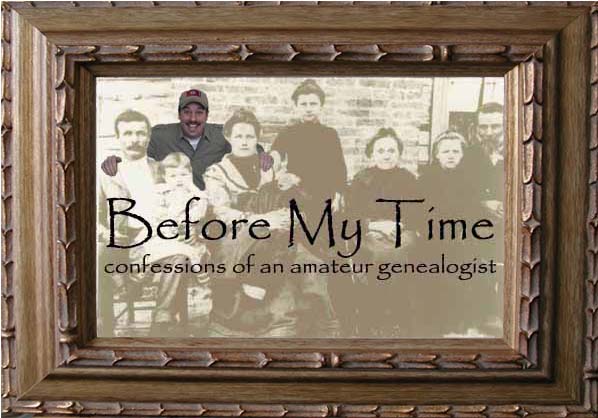One of the main purposes of the census is to monitor population and adjust governmental representation accordingly. The information you give during a census is kept confidential for 72 years. After that, it becomes public record. Why? Probably because 72 is about the average life span of a person now-a-days.
If you get deep enough into genealogy, you WILL meet a census record or two. While they don’t give you much information, you might serendipitously stumble upon some great information. For instance, you can track the migration of your relatives over time. This record, from Tennessee in 1850 lists my 3x great grandfather Moses and his wife as being born in North Carolina. Their two children, Leander and James are listed as being born in Mississippi. That’s practically a road map of how the Bakers came to Tennessee!

(Apologies for the quality of the image)
This might be more difficult in the future because people move more easily and thus more frequently than we did in the past. We, for example, will have no census recording of the time we lived in California since we moved there just after the 2000 census and returned to Tennessee two years ago.
But most of the time, census records can be very helpful. Thanks to census records we’ve often found that future spouses were neighbors before getting married. (Isn’t that romantic?) Or that a couple lived near their parents after getting married. (Isn't that a nightmare?) Such is the case with this record from the 1870 census showing another 3x great grandfather, John Pierce and his wife Rebecca living near her parents, John and Helen Radford. Transcripts of past censuses can usually be found at your local library. These typed pages lack the flavor of the handwritten originals (like the ones above) but make the information easily accessible and unarguably more legible. Spelling mistakes made by the census taker or typist can be confusing on the transcripts. But often that can easily be solved if you can find the handwritten ones which are more open for interpretation. Both versions are becoming more and more available online. Oh, and don’t get frustrated if you can’t find a census record for 1890. Most of those were destroyed in a Washington DC fire in 1921.
Transcripts of past censuses can usually be found at your local library. These typed pages lack the flavor of the handwritten originals (like the ones above) but make the information easily accessible and unarguably more legible. Spelling mistakes made by the census taker or typist can be confusing on the transcripts. But often that can easily be solved if you can find the handwritten ones which are more open for interpretation. Both versions are becoming more and more available online. Oh, and don’t get frustrated if you can’t find a census record for 1890. Most of those were destroyed in a Washington DC fire in 1921.
Who's afraid of the big, bad census man? No one should be. He’s not “big brother” coming to keep tabs on you. At the very least, he’s going to insure your future decedents can find you.
But most of the time, census records can be very helpful. Thanks to census records we’ve often found that future spouses were neighbors before getting married. (Isn’t that romantic?) Or that a couple lived near their parents after getting married. (Isn't that a nightmare?) Such is the case with this record from the 1870 census showing another 3x great grandfather, John Pierce and his wife Rebecca living near her parents, John and Helen Radford.
 Transcripts of past censuses can usually be found at your local library. These typed pages lack the flavor of the handwritten originals (like the ones above) but make the information easily accessible and unarguably more legible. Spelling mistakes made by the census taker or typist can be confusing on the transcripts. But often that can easily be solved if you can find the handwritten ones which are more open for interpretation. Both versions are becoming more and more available online. Oh, and don’t get frustrated if you can’t find a census record for 1890. Most of those were destroyed in a Washington DC fire in 1921.
Transcripts of past censuses can usually be found at your local library. These typed pages lack the flavor of the handwritten originals (like the ones above) but make the information easily accessible and unarguably more legible. Spelling mistakes made by the census taker or typist can be confusing on the transcripts. But often that can easily be solved if you can find the handwritten ones which are more open for interpretation. Both versions are becoming more and more available online. Oh, and don’t get frustrated if you can’t find a census record for 1890. Most of those were destroyed in a Washington DC fire in 1921.Who's afraid of the big, bad census man? No one should be. He’s not “big brother” coming to keep tabs on you. At the very least, he’s going to insure your future decedents can find you.



No comments:
Post a Comment